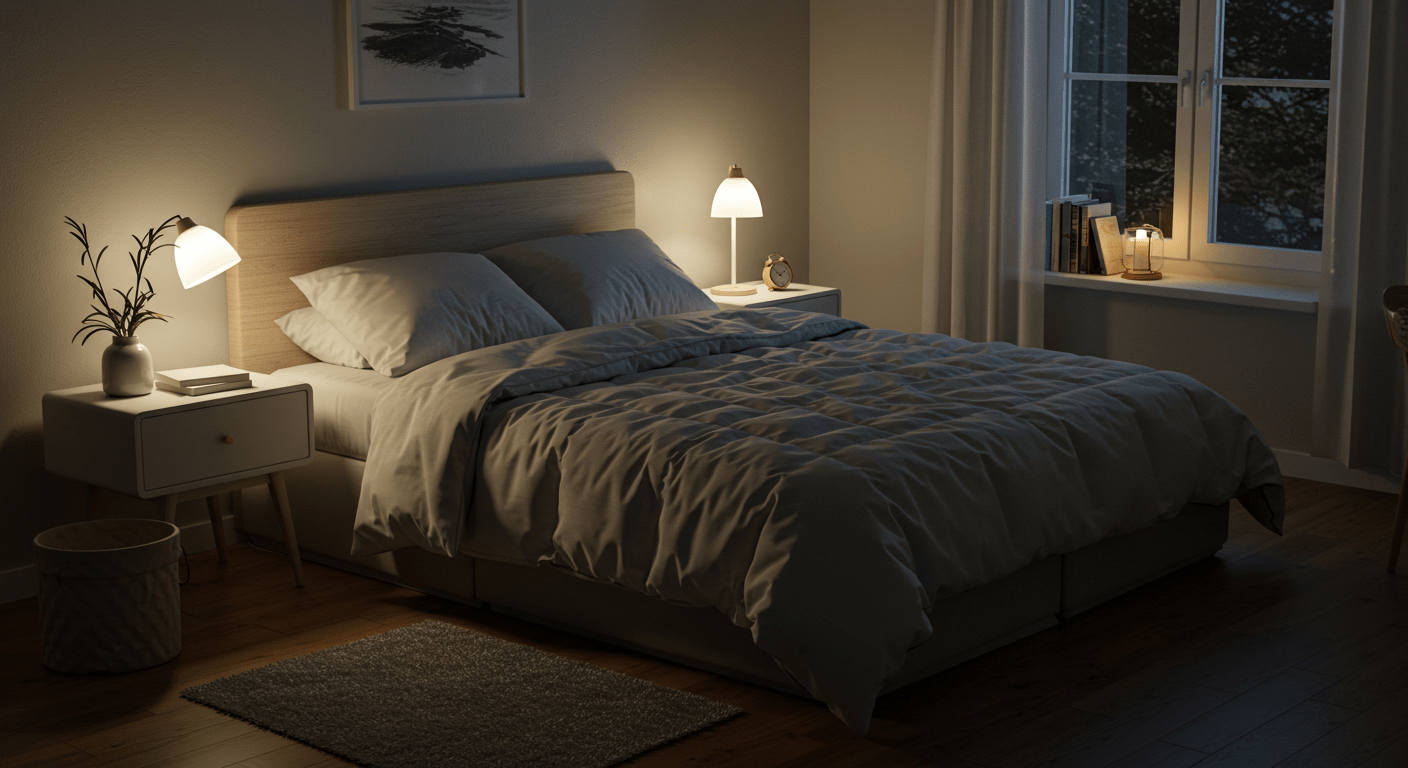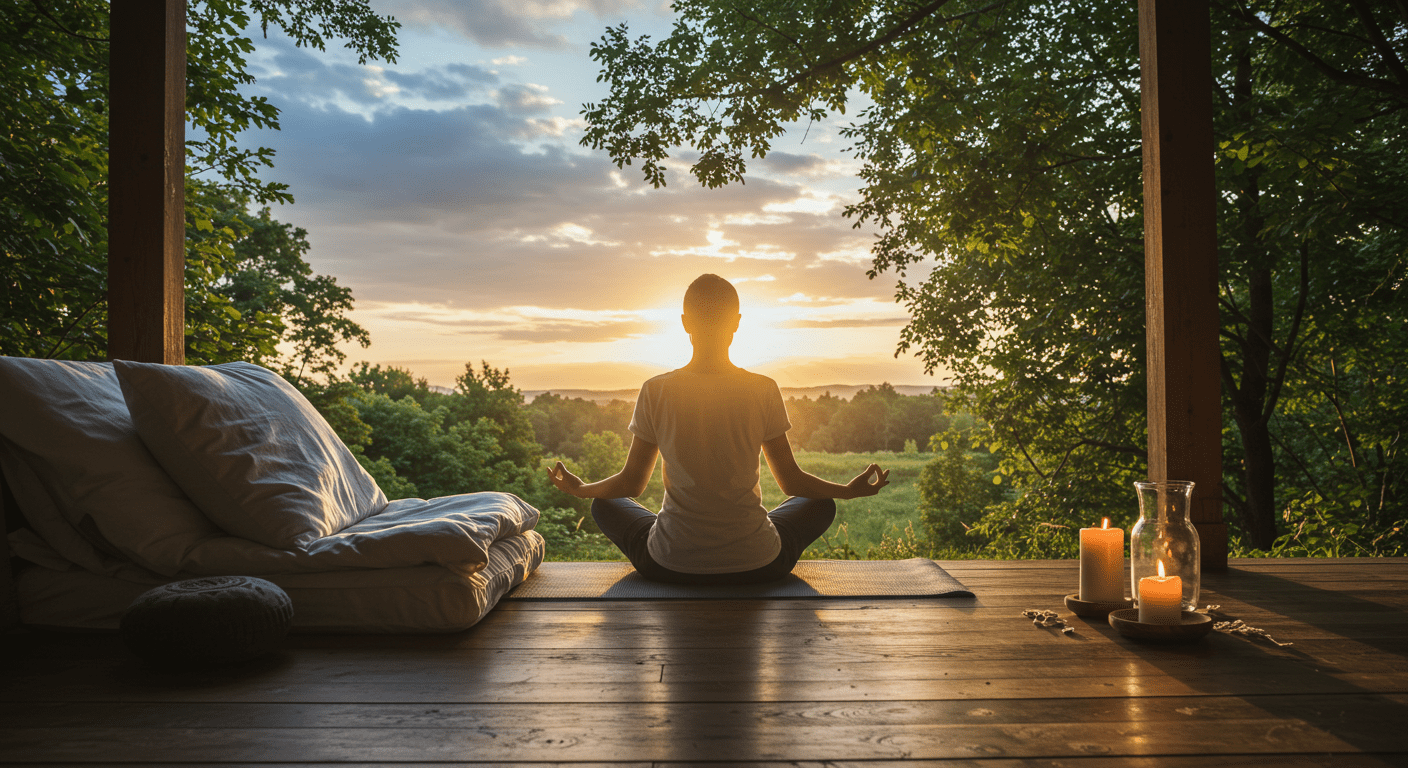Shopping Cart
CloseNo products in the cart.
Filter
closeSleep Smarter: Proactive Tips for Better Sleep Hygiene
Good sleep is not just about quantity but also about quality. Effective sleep hygiene leads to improved sleep quality, which in turn enhances overall health and well-being. This comprehensive guide provides actionable tips for improving sleep hygiene through proactive daily habits, managing lifestyle choices, and utilizing technology to monitor and enhance sleep patterns. These tips are designed to help you establish a routine that fosters restful nights and energetic mornings.

Establishing a Consistent Sleep Schedule
One of the foundational elements of good sleep hygiene is maintaining a consistent sleep schedule. Going to bed and waking up at the same time every day, including weekends, helps to regulate your body’s internal clock, the circadian rhythm. This consistency reinforces the natural sleep-wake cycle, making it easier to fall asleep and wake up naturally.
- Tip: If you need to change your sleep schedule, do it gradually, in 15-minute increments, to allow your body to adjust.
Crafting a Pre-Sleep Routine
A calming pre-sleep routine helps signal to your body that it’s time to wind down and prepare for sleep. This routine can include activities that promote relaxation and make the transition to sleep smoother.
- Relaxation Techniques: Consider practices such as meditation, deep breathing, or gentle yoga stretches to reduce stress and promote relaxation.
- Reducing Screen Time: Turn off electronic devices at least an hour before bedtime to minimize exposure to blue light, which can disrupt melatonin production and delay sleep onset.
- Reading or Listening to Music: Engage in quiet, soothing activities such as reading a book or listening to calm music.

Managing Caffeine and Dietary Choices
Caffeine is a stimulant that can disrupt your sleep cycle, particularly if consumed late in the day. Limit caffeine intake to the morning hours or switch to decaffeinated beverages after lunch. Additionally, your overall diet impacts sleep quality. Heavy, rich meals close to bedtime may lead to discomfort and indigestion, which can interrupt sleep.
- Tip: Have a light evening meal at least two hours before bed to ensure your body isn’t working hard to digest food when you’re trying to sleep.
Regular Exercise to Enhance Sleep Quality
Regular physical activity can significantly improve sleep quality and duration. However, timing is crucial—exercising too close to bedtime can be stimulating, rather than relaxing.
- Tip: Aim to complete any vigorous exercise at least three hours before bedtime. Gentle, relaxing exercises, like yoga, can be beneficial closer to bedtime.
Utilizing Technology: Sleep Trackers
Sleep trackers and other wearable technology can help monitor sleep patterns, including sleep stages, movements, and heart rate throughout the night. This data can be invaluable in identifying disruptions in your sleep and understanding their causes.
- Tip: Use the insights gained from sleep tracking to adjust your sleep habits or discuss them with a healthcare provider if sleep issues persist.
Dealing with Common Sleep Disruptors
Stress and anxiety are major sleep disruptors. Developing effective strategies for managing stress is crucial for good sleep hygiene.
- Relaxation and Mindfulness: Regular practice of mindfulness or relaxation techniques can mitigate the impact of stress on sleep.
- Bedroom Environment: Ensure your sleeping environment is conducive to relaxation. This includes comfortable bedding, a cool room temperature, and minimal noise and light.
Conclusion
Improving sleep hygiene is a proactive approach to enhancing both the quality and quantity of your sleep. By establishing a consistent sleep schedule, crafting a relaxing bedtime routine, managing dietary choices, incorporating regular exercise, and utilizing technology like sleep trackers, you can significantly improve your sleep quality. These changes not only enhance nighttime rest but also contribute to better health and increased energy during the day.
